"Structural reforms have no alternative"
If Serbia wants its economy to become competitive and prosperous within the European Union, there is no alternative to politically painful structural reforms.
Wednesday, 09.02.2011.
09:39

If Serbia wants its economy to become competitive and prosperous within the European Union, there is no alternative to politically painful structural reforms. This is according to Permanent Representative of the International Monetary Fund (IMF) in Serbia Bogdan Lissovolik. "Structural reforms have no alternative" It is up to policy makers to persist in controlling salary rise and complete structural reforms, Lissovolik stated in an article published in the latest edition of the Macroeconomic Analysis and Trends bulletin issued by the Belgrade Faculty of Economy. Among key challenges Serbia is yet to tackle, Lissovolik listed the poorly developed labor market, indebtedness of legal entities, inflation growth, poor capital consumption, lack of long-term limitations to public spending and slow structural reforms. The IMF program in Serbia helped prevent economic implosion and provided a limited relief, Lissovolik said. Commenting on the results of the three-year long arrangement between Serbia and the IMF which is due to expire in April, Lissovolik assessed that the short-term part of the program on crisis management proved successful, unlike the structural measures aimed at strengthening long-term economic flexibility and growth. Lissovolik qualified as positive the fact that recession was not as deep in Serbia as it was in the region, that foreign banks did not reduce their credit activities while the depreciation of national currency's exchange rate helped establish competitiveness and budget expenditure monitoring turned out successful when it comes to deficits. IMF representatives are due to arrive in Belgrade on Wednesday, and as of Thursday the IMF and the Serbian government should launch official talks on the seventh revision of the stand-by credit arrangement, ahead of its expiry in April, Tanjug learned at the IMF Belgrade Office. The talks should last until February 22. The IMF delegation will be headed by Albert Jaeger and the main topics of discussion will refer to Serbia's macroeconomic development within the program and the analysis of achievement of goals set for the end of 2010. Bogdan Lissovolik (Beta, file)
"Structural reforms have no alternative"
It is up to policy makers to persist in controlling salary rise and complete structural reforms, Lissovolik stated in an article published in the latest edition of the Macroeconomic Analysis and Trends bulletin issued by the Belgrade Faculty of Economy.Among key challenges Serbia is yet to tackle, Lissovolik listed the poorly developed labor market, indebtedness of legal entities, inflation growth, poor capital consumption, lack of long-term limitations to public spending and slow structural reforms.
The IMF program in Serbia helped prevent economic implosion and provided a limited relief, Lissovolik said.
Commenting on the results of the three-year long arrangement between Serbia and the IMF which is due to expire in April, Lissovolik assessed that the short-term part of the program on crisis management proved successful, unlike the structural measures aimed at strengthening long-term economic flexibility and growth.
Lissovolik qualified as positive the fact that recession was not as deep in Serbia as it was in the region, that foreign banks did not reduce their credit activities while the depreciation of national currency's exchange rate helped establish competitiveness and budget expenditure monitoring turned out successful when it comes to deficits.
IMF representatives are due to arrive in Belgrade on Wednesday, and as of Thursday the IMF and the Serbian government should launch official talks on the seventh revision of the stand-by credit arrangement, ahead of its expiry in April, Tanjug learned at the IMF Belgrade Office.
The talks should last until February 22. The IMF delegation will be headed by Albert Jaeger and the main topics of discussion will refer to Serbia's macroeconomic development within the program and the analysis of achievement of goals set for the end of 2010.





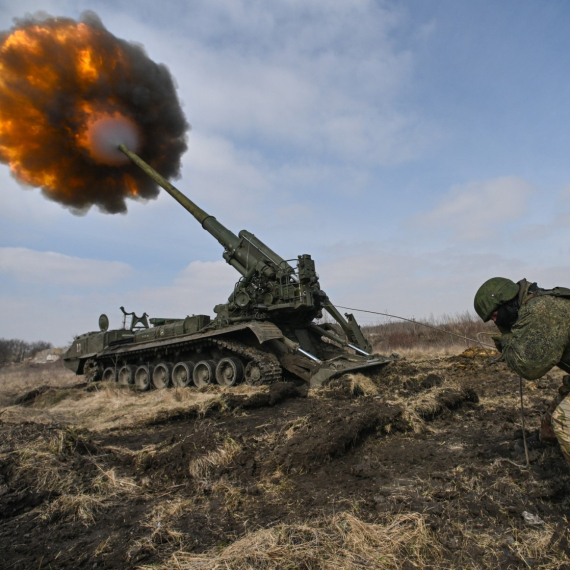




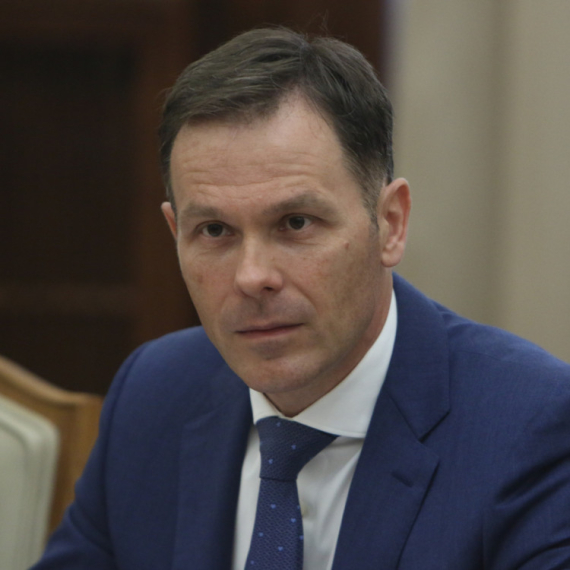

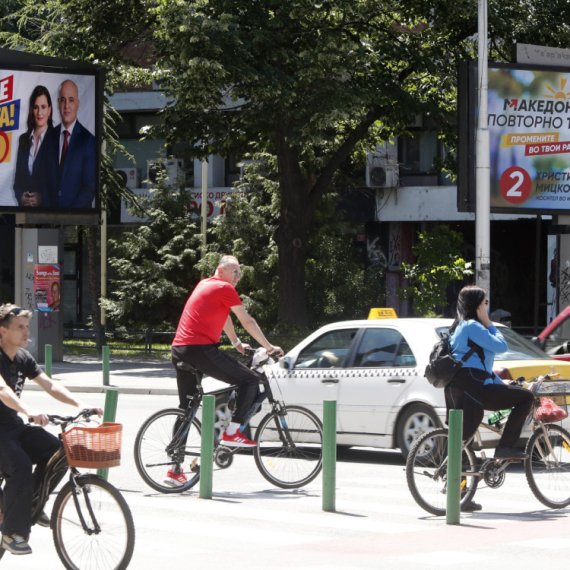


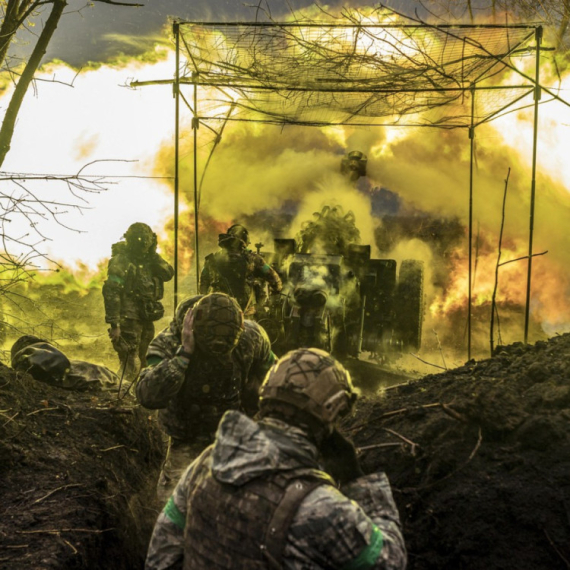













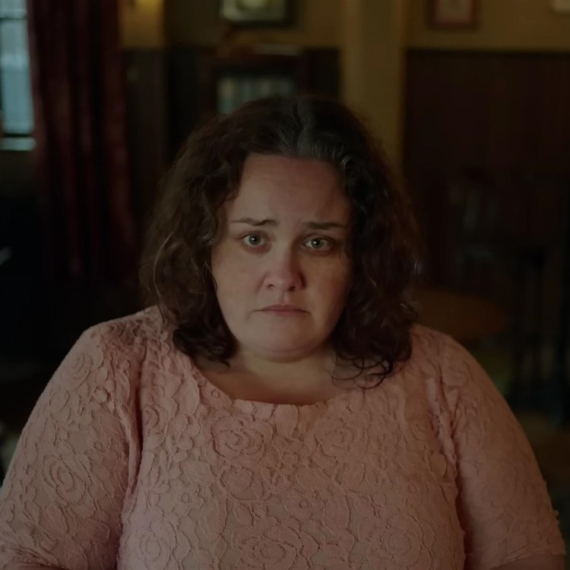


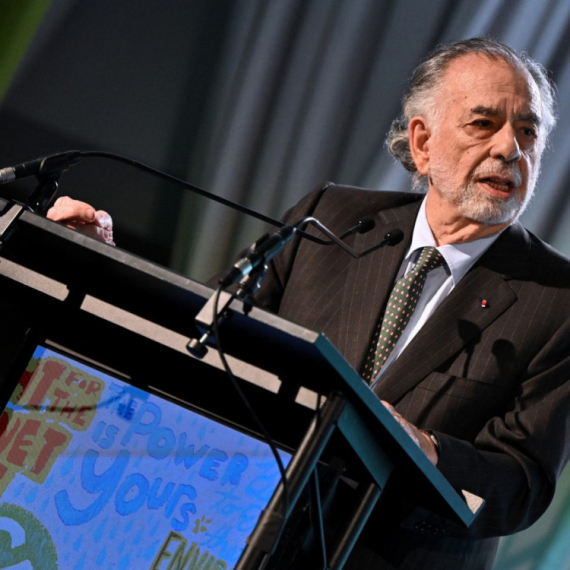




















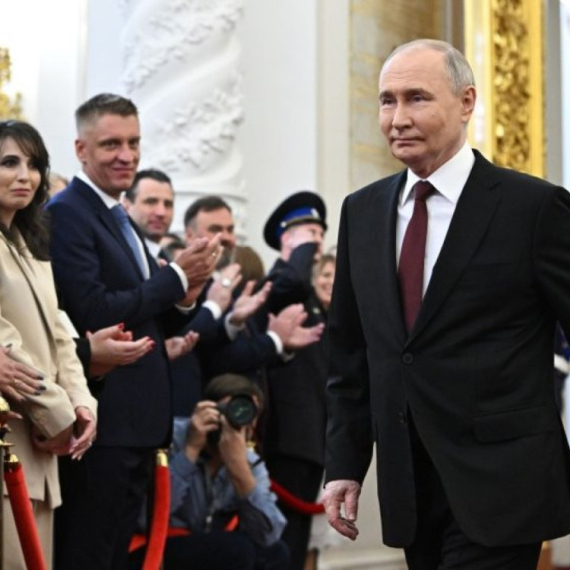



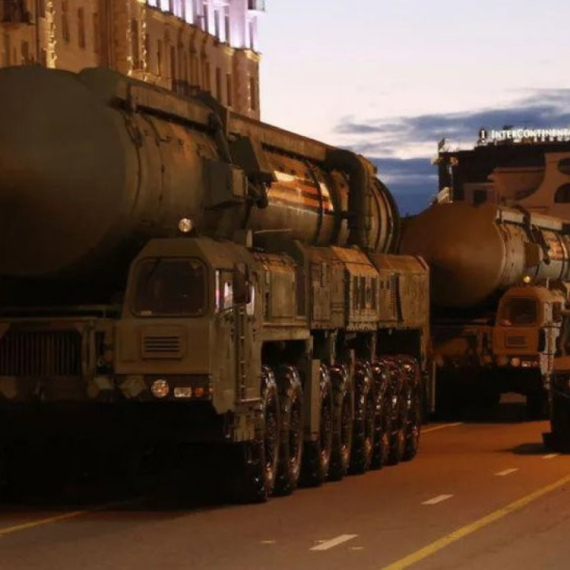

Komentari 3
Pogledaj komentare